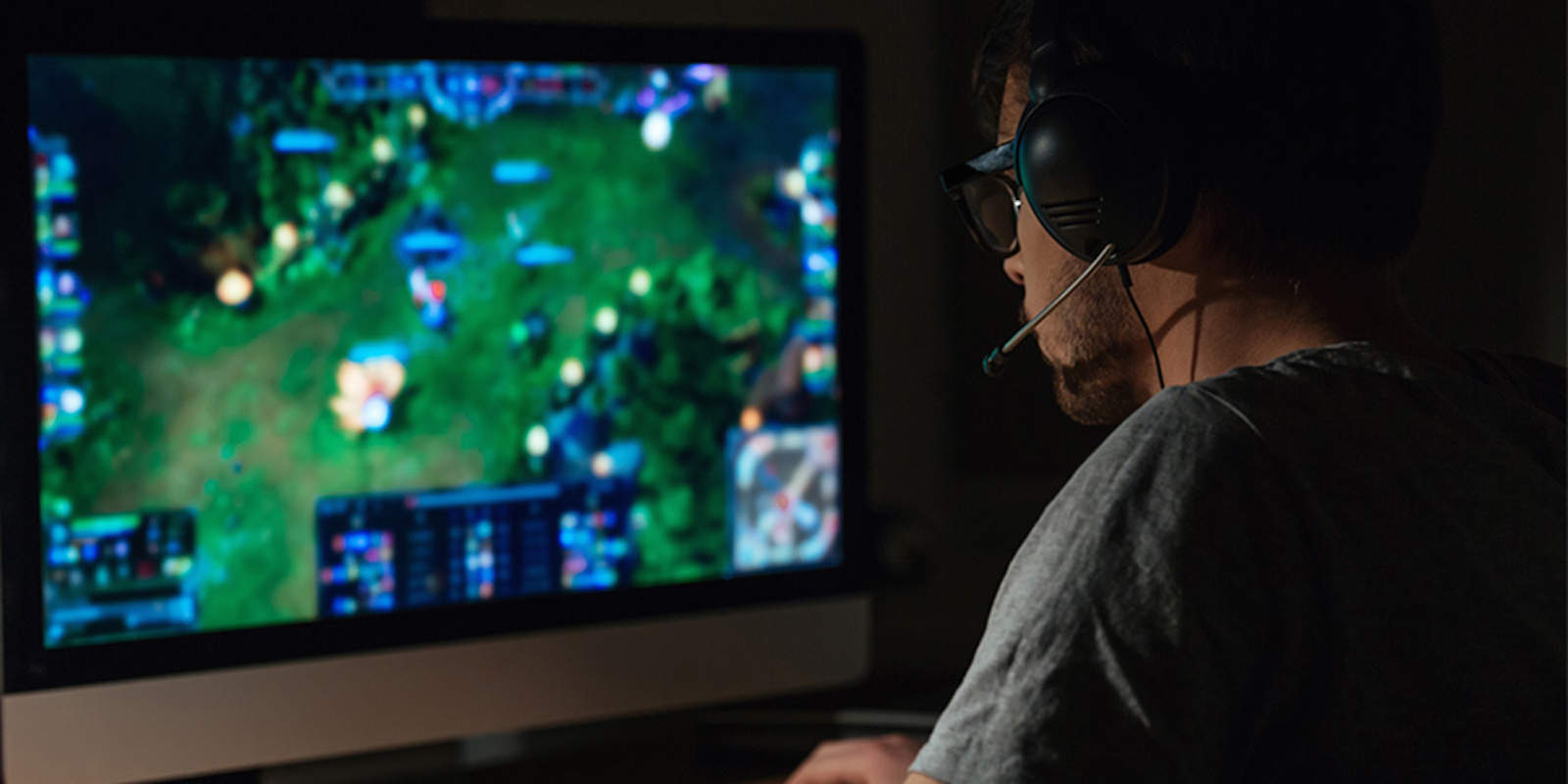A big change Apple is making with macOS Mojave could make it more difficult for indie developers to build cross-platform games.
Apple is pushing game creators to drop OpenGL in favor of its own Metal API, which isn’t supported by third-party platforms. It may mean smaller game development teams are forced to choose between releasing on macOS or other operating systems.
OpenGL, or the Open Graphics Library, is essentially a middleman between a piece of software and your computer’s graphics chip. It’s open-source and supported by all major platforms, which makes it easier to create games that run on multiple operating systems.
The problem with OpenGL is that it’s getting long in the tooth. Apple’s Metal API is more advanced and created specifically for Apple devices, and using it can greatly improve graphics performance inside apps and games for macOS and iOS.
Apple pushes Metal
It’s no surprise, then, that Apple wants developers to ditch OpenGL and adopt Metal instead.
The company announced during its WWDC keynote on Monday that it will deprecate OpenGL and OpenCL with the release of macOS Mojave this fall. Future versions of its software will almost certainly drop support entirely.
“Games and graphics-intensive apps that use OpenGL should now adopt Metal,” Apple informs developers on its website. “Similarly, apps that use OpenCL for computational tasks should now adopt Metal and Metal Performance Shaders.”
This is bad news for independent game developers.
So long, OpenGL
The beauty of OpenGL, because of its widespread support across macOS, iOS, Android, and Windows, is that it made it quicker and easier for developers to build apps and games that could be run across multiple platforms.
Without OpenGL support in macOS, a game built for Android or Windows would have to be rewritten for the Mac. That takes a lot of time and resources that many independent developers and small studios simply don’t have.
“A problem with game development is projects can be very long and teams are often in a financially perilous situation,” Andi McClure, an independent game developer and the founder of Mermaid Heavy Industries, told Motherboard.
Apple’s decision creates an “additional obstruction to writing custom [game] engines, additional chances for bugs, and just additional headache for what—to most developers—is a secondary platform,” Rami Ismail of games studio Vlambeer added.
Developers have tough decisions to make
Not only does Apple’s decision make it harder for developers to build cross-platform games, but many have already started working on titles with OpenGL that may not be supported by macOS by the time they’re ready for release.
“The uncertainty as to a future timeline definitely doesn’t help here, and the lack of financial impetus might mean a lot of developers can not justify the cost/benefit of adjusting old code to new standards,” Ismail added.
Apple is yet to confirm when it will ditch OpenGL entirely, but there’s no doubt developers will have a tough decision to make in the future. Should they invest more time and money into making cross-platform titles, or drop support for macOS altogether?


